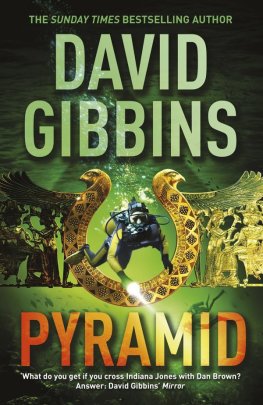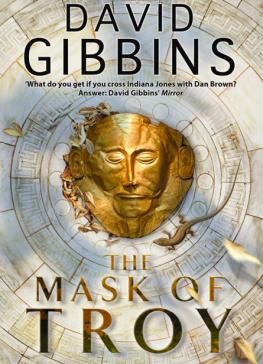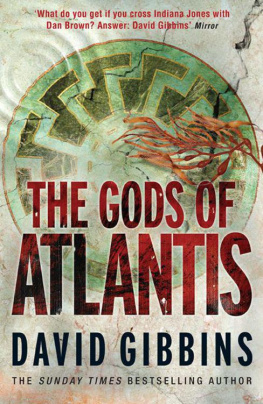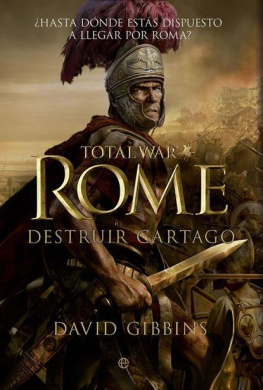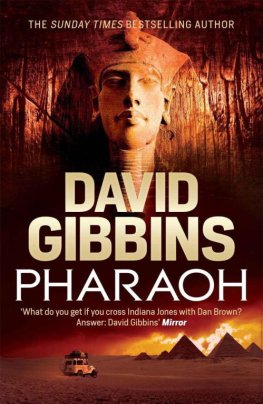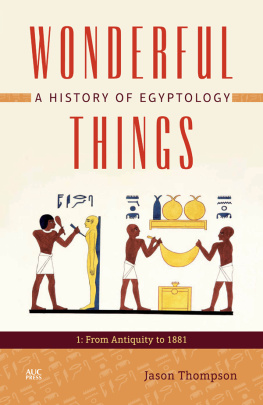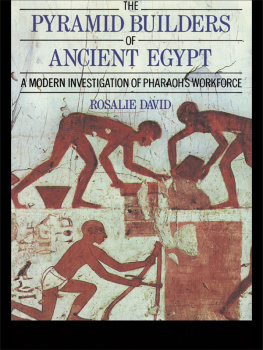Pharaohmade ready his chariot, and took his people with him; and he took six hundred chosen chariots, and all the chariots of Egypt, and captains over every one of them. And the Lord hardened the heart of Pharaoh King of Egypt, and he pursued after the children of Israeland overtook them encamping by the sea, beside Piha-hirth, before Ball-zephonAnd Moses stretched out his hand over the sea; and the Lord caused the sea to go backAnd the children of Israel went into the midst of the sea upon the dry ground: and the waters were a wall unto them on their right hand, and on their left. And the Egyptians pursued, and were in after them to the midst of the sea, even all Pharaohs horsemen, his chariots and his horsemenand the Lord overthrew the Egyptians in the midst of the seaAnd the waters returned, and covered the chariots, and the horsemen, and all the host that came into the sea after them; there remained not so much as one of them
Old Testament, Book of Exodus 14:628(King James Version)
Moses threw down his staff and thereupon it changed to a veritable serpentPharaoh sent forth heralds to all the cities. These, they said, are but a puny band, who have provoked us much. But we are a numerous army, well-prepared.At sunrise the Egyptians followed them. And when the two multitudes came within sight of each other, Moses companions said: We are surely undone! No, Moses replied, my Lord is with me, and He will guide me. We bade Moses strike the sea with his staff, and the sea was cleft asunder, each part as high as a massive mountain. In between We made the others follow. We delivered Moses and all who were with him, and drowned the rest
Qurn, Al-ShuAr (The Poets), 26: 3266(trans. N. J. Dawood)
Omens of fire in the chariots wind,
Pillars of fire in thunder and storm
Yannai, possibly c. seventh century AD(a Hebrew poem in the Cairo Geniza, about the Book of Exodus)

IN THE EASTERN DESERT OF EGYPT, IN THE EIGHTH YEAR OF THE REIGN OF THE PHARAOH AKHENATEN, IN THE 18TH DYNASTY OF THE NEW KINGDOM, 1343 BC
The chariot swept around in a wide arc in front of the pharaoh, the horses kicking up a cloud of dust and coming to a halt stamping and snorting, their eyes bloodshot and their mouths flecked with foam. The charioteer held the reins while a portly official stepped off the back, and then he flicked his whip and drove off to join the others waiting in the wings on either side of the pharaoh. The official waddled up, his bare belly juddering, trying to fan the beads of sweat that were forming on his shaven head and jowls. He came to a halt, catching his breath, blinking the sweat out of his eyes as he knelt down and prostrated himself.
Well, vizier, what news from the east?
May the light of the Aten shine on you, Neferkheperure-Waenre Akhenaten, King of Upper and Lower Egypt, Lord of the East and the West, Lord of the Worlds, Lord of the Heavens and the Earth and all that lies between them. The man wheezed, kneeling like a dog in front of the pharaoh and slowly lowering his belly into the dust.
Yes, yes, you fool, get up. What news, I say?
The vizier struggled to his feet, his knees and the front of his belly smudged with dust, and then shut his eyes as he declaimed, Their kings prostrate themselves and beg for peace. Canaan is devastated, Ashkelon is vanquished, Gezer is taken, Yenoam is annihilated, the land of the Shasu is laid waste, its seed existing no more; Syria is made a widow for Egypt, and all the lands have been pacified.
Akhenaten tapped his fingers impatiently. It was the same tired old formula, platitudes he had heard reeled out to his father, Amenhotep, and his grandfather, Thutmose, before that. He leaned forward in his palanquin chair, the slaves holding it on either side quickly adjusting their positions to keep it upright. Yes, vizier, but what about Mt Urusalim, the Land of Jerusalem? That is what I sent you to resolve.
The man reached into a leather pouch on his belt and pulled out a clay tablet. It was covered with the punched writing that Akhenaten recognized from the tiresome cascade of tablets he received in his royal capital of Amarna from the sea traders of Canaan, all of them wanting to do trade with him. The vizier gave a little cough and attempted to puff out his chest. It is from the King of Jerusalem. It says: To the pharaoh, my lord. Thus Abdu-Heba, your servant. At the two feet of my lord, the pharaoh, seven times and seven times again I fall. Behold, the pharaoh has set his name in the Land of Jerusalem forever, so he cannot abandon the lands of Jerusalem! Those who come from Egypt with the golden seal of the pharaoh will be welcome, and may stay.
Awash with relief, Akhenaten sat back under the shade of the parasol. Everything was as planned. He waved dismissively, but the vizier remained stock-still, uncertain what to do, expecting further instructions. He waved again and the man suddenly took the cue, awkwardly attempting a bow and then shuffling backward and scurrying out of sight. The chariot corps commander, who had been standing next to the chair, turned to him. With the lands of Canaan vanquished and the King of Jerusalem your vassal, all we have to do now is destroy the renegades in front of us, and your conquest of the peoples of the east will be complete. No longer will the kings of Ashkelon or Canaan or Syria side with the Hittites against us. Today the weight of history is in your favor.
Akhenaten looked toward the red glow of dawn in the east, above the place a mile from them where the level plain of the desert dropped in a cliff to the great gulf of the sea. Indeed it is, Mehmnet-Ptah. Are your divisions ready?
The divisions of Ra and Seth are formed up, Pharaoh. All we await now is the division of Mina.
When the divisions are ready, when the sun glints above the horizon, you will lead the charge in my golden chariot, Mehmnet-Ptah. You will inspire your men, and strike fear into the hearts of the enemy.
It should be you who drives the golden chariot, Pharaoh.
The Aten has blinded me to everything but his brilliance, Mehmnet-Ptah. I can no longer see to drive an earthly chariot, but the rays of the Aten will reflect from my eyes and light your way. You will charge on my command.
It will be so, Pharaoh. The general strode off, followed by his retinue of staff officers. On either side, the chariots of the two divisions stood in long lines as far as the eye could see, the horses drinking from buckets carried up and down the line by slaves, the charioteers and bowmen sitting in the sand behind, resting and checking the torsion of their bows. Their chariots were of a new design, lithe, well sprung, copied from the chariots of the Mitanni that Mehmnet-Ptah had so admired when he had campaigned in the ancient land of the two rivers when he was a youth. It had been Moses the Israelite who had given them the design, who had brought before Mehmnet-Ptah an Assyrian chariot-maker from among the slaves who was willing to trade the secrets for his freedom Moses who with his people was now concealed behind that distant ridge overlooking the sea, waiting for the trumpets to blare and the chariots to come thundering toward them across the desert.
Akhenaten stared again at the horizon and shifted his head slightly from side to side. His eyesight was not as bad as he had made out, but the image of the sun was seared into his eyes from the time he had spent staring up at it in the desert, soaking in the rays of the Aten. He contented himself with imagining the shimmer of the great gulf of the sea beyond, and on the cliff top above it the encampment of the Israelites. He had told Moses to camp there, brazenly so, on the very edge of the cliff, their campfires burning through the night so that when the Egyptian scouts saw them there should be no uncertainty, and the massed army that followed would know where to aim their chariots with the coming of dawn in order to destroy the Israelites once and forever.

